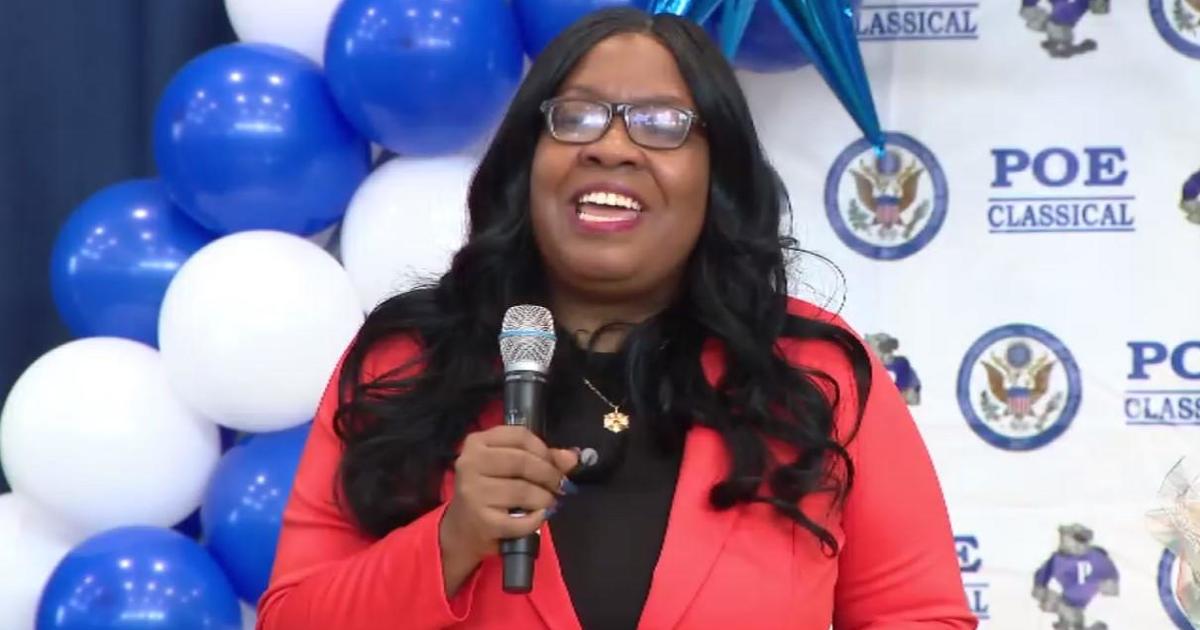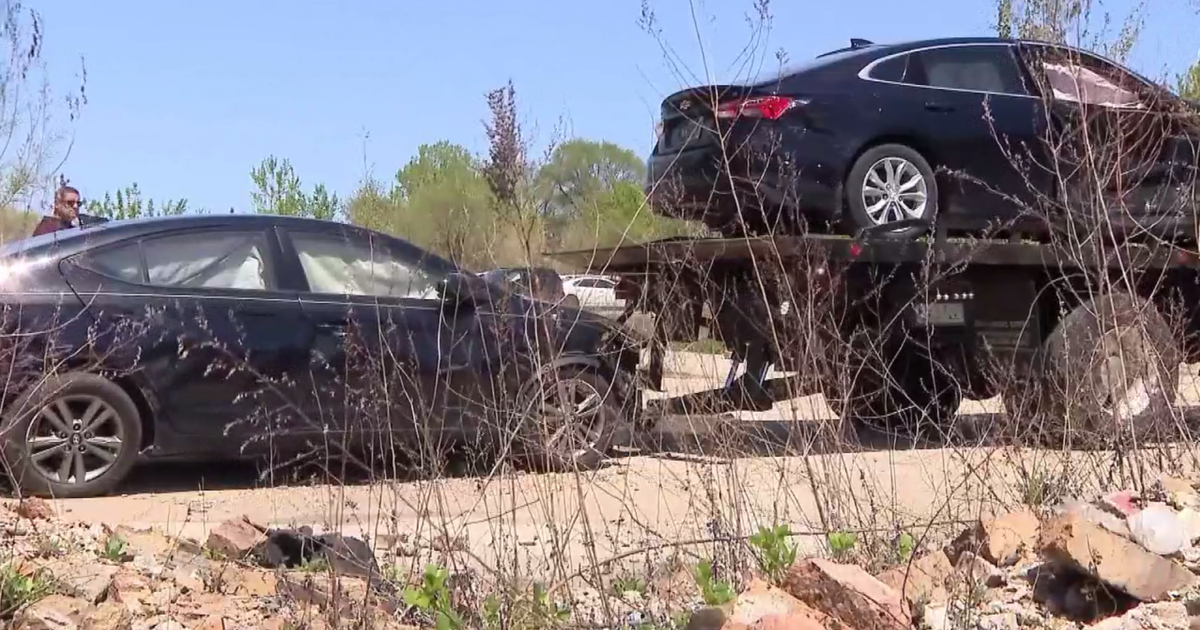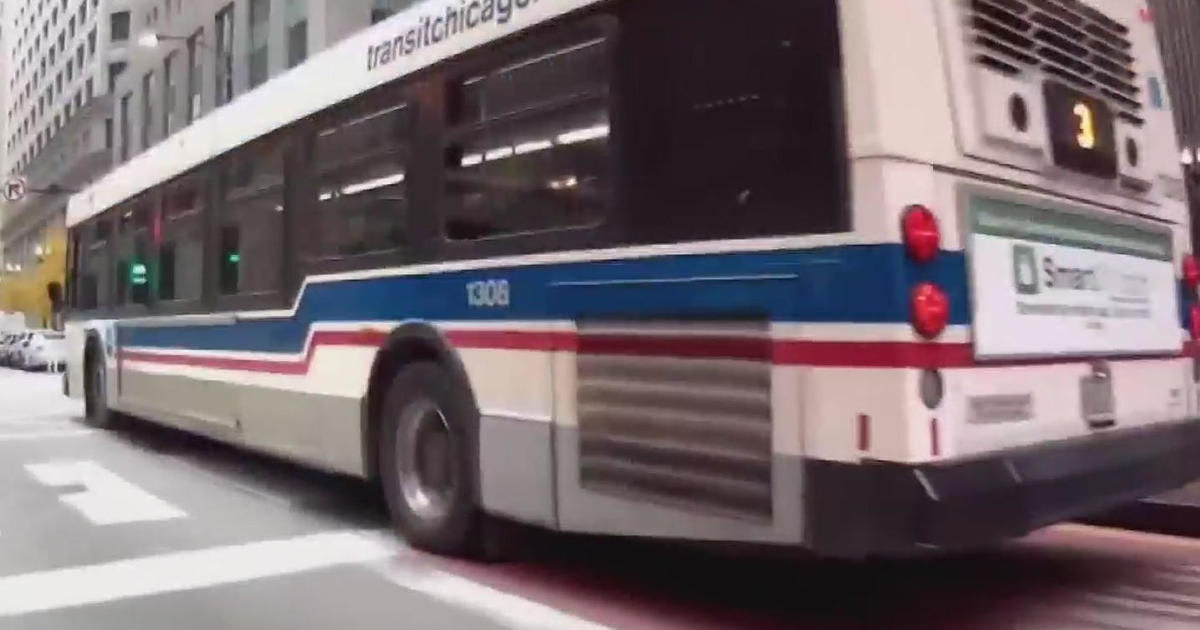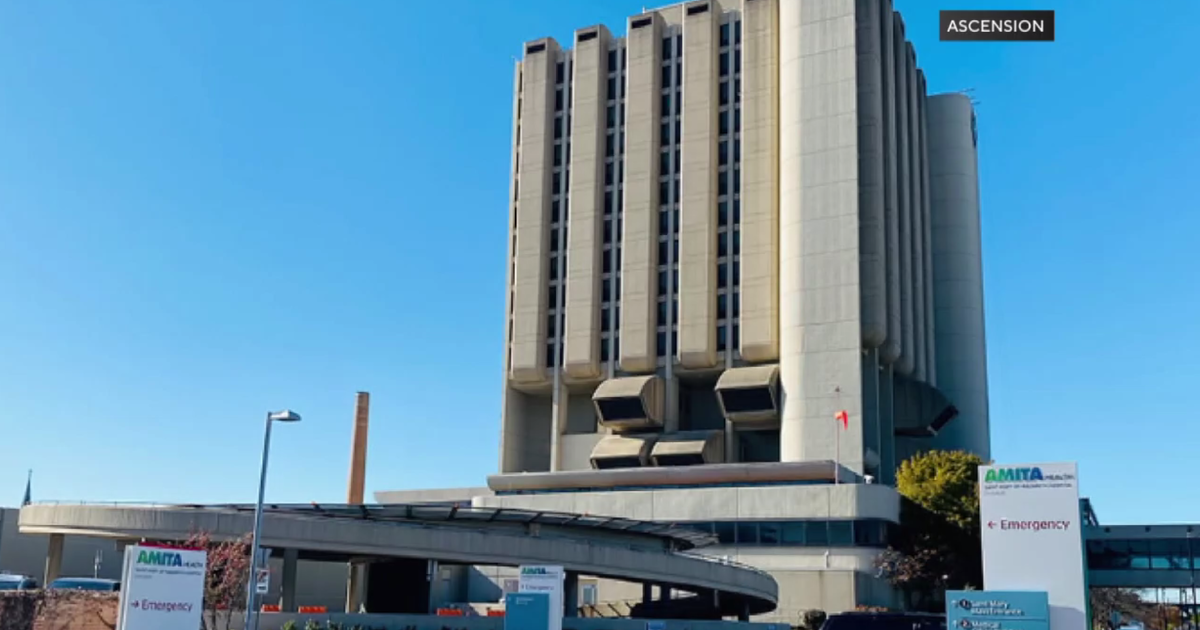Public Health Director Dr. Allison Arwady Says Department Is Doing Everything It Can To Ease Concerns About School Amid COVID-19 Surge
CHICAGO (CBS) -- Chicago Department of Public Health Director Dr. Allison Arwady said Wednesday that her department is working to assuage concerns about COVID-19 safety in schools – with teachers having voted to go to remote learning and classes having been canceled for the day as a result.
Arwady and other city officials have insisted the data say schools are safe, but numbers also show how rapidly COVID-19 has been spreading with the Omicron variant now dominant. CBS 2's Irika Sargent asked Arwady how her department is working to ease teachers' concerns about being in the classroom and make them feel safer.
"So we are definitely in a big surge of COVID – no question about it. What we've seen, though – over and over again in data – is that where you've got the mitigation measures in place and you're taking COVID seriously, the spread is lower," Arwady said. "And I can tell you my team has been working very hard all day to support CPS in terms of trying to build some additional testing capacity if that will help ease people's concerns – and there's testing going on even while the schools are not open. There's vaccination going on. And the work to really get us back is absolutely my top priority."
On Tuesday, Dr. Arwady pushed back against concerns that in-person classes were likely to put children's lives in jeopardy – as some parents have expressed concerns they might. Arwady said Chicago kids 17 and under are being diagnosed with COVID-19 at a higher rate thanks to the holiday break, but said kid COVID hospitalizations "remain very rare."
Arwady further said Tuesday that COVID-19 is "behaving like the flu" for children who are vaccinated, and school districts do not get shut down for extended periods for the flu.
Meanwhile, Arwady had also said Tuesday that her department is out of rapid COVID-19 tests. She encouraged people to buy tests on Amazon – but acknowledged that such a proposition is expensive and unrealistic for some.
"There is a move to – as people have probably heard – centralize this at the federal; at the national level. I actually think that makes sense at some level, because it means you can invoke the Defense Production Act; you can really get this going," Arwady said, "and I was on the phone with federal leadership, and you know, they're saying within a couple of weeks, this should be available where you can order online or call, and there will be free tests rapid available."
But there is a problem in that in ramping up test manufacturing to 500 million, the supply chain has "really dried up."
"I know how hard it's been to get rapid tests. So I did order some for myself online, but I know that's not open to everybody. We've been working every way we know how in terms of anybody who has any potential testing available," Arwady said. "I want to have people have the access to the tests they need, and we want to return to distributing them in the areas of highest need, which is what we were doing before. And we want to make sure that these test are available in the schools, because that will help ease, I think, people's concerns."
On Wednesday, Illinois reported a record 32,279 new confirmed and probable cases of COVID-19 - the most ever reported in the state in a single day. Hospitalizations from the virus also set a record for the third day in a row.
In the city of Chicago alone, the case positivity rate is now 23.3 percent.
Sargent asked Arwady when she sees the current COVID-19 surge subsiding. She said she hopes and thinks it is likely that it will be this month – but the bottom line is nobody has a crystal ball.
"The problem is that we've not yet seen it subside in, for example, Europe or the U.K., which were a little bit behind South Africa in terms of seeing that initial surge. We've seen no sign of it cresting yet in New York City, which has a positivity more than 10 percent higher than we do," Arwady said. "And I am confident, based on what our modelers are saying, when we look at the data – 80, 90 percent, I think it's going to peak in January. Just the question is, is that going to be early in the next week or two, or might it be a little later near the end of the month?"
But since there is no way to predict for sure, Arwady said she feels strongly in having safety measures in place – but also maintaining in-person classes in school.
"At some level here, we're going to be living with COVID, and if we can protect against severe outcomes, I do feel strongly that it's an essential service for society, and doing everything we can to make people feel confident in the safety measures in place, I think, is critical," she said.



